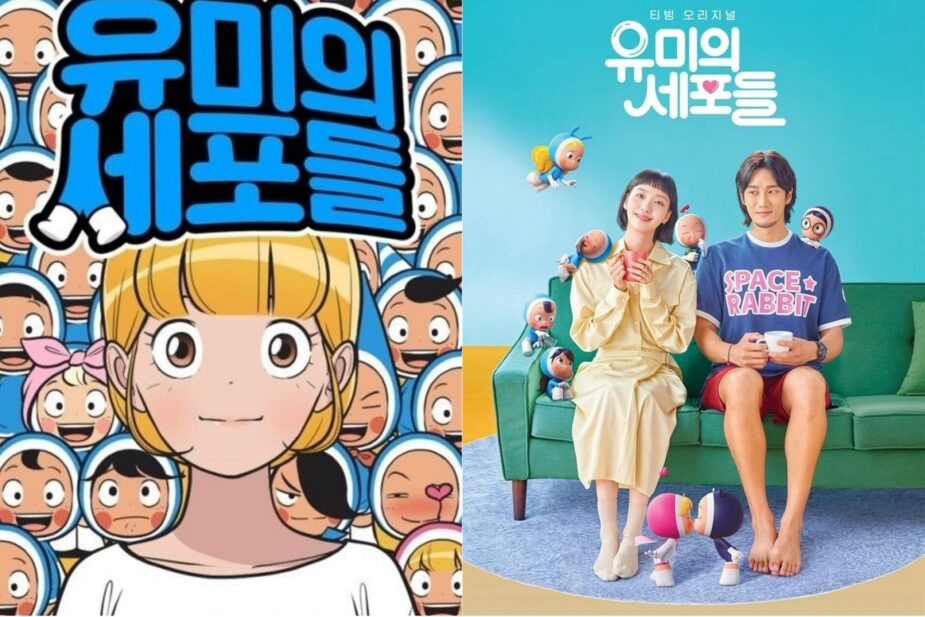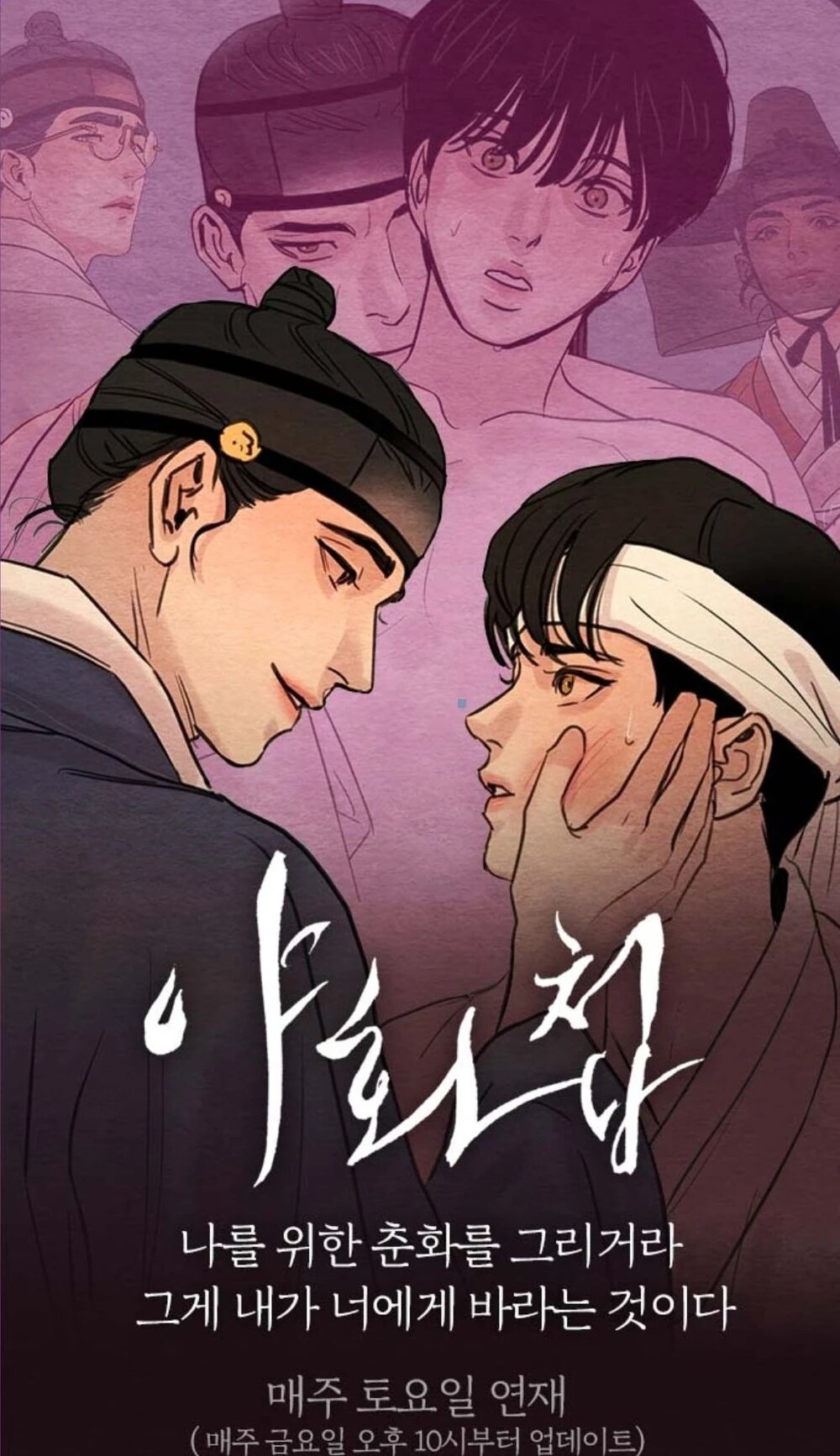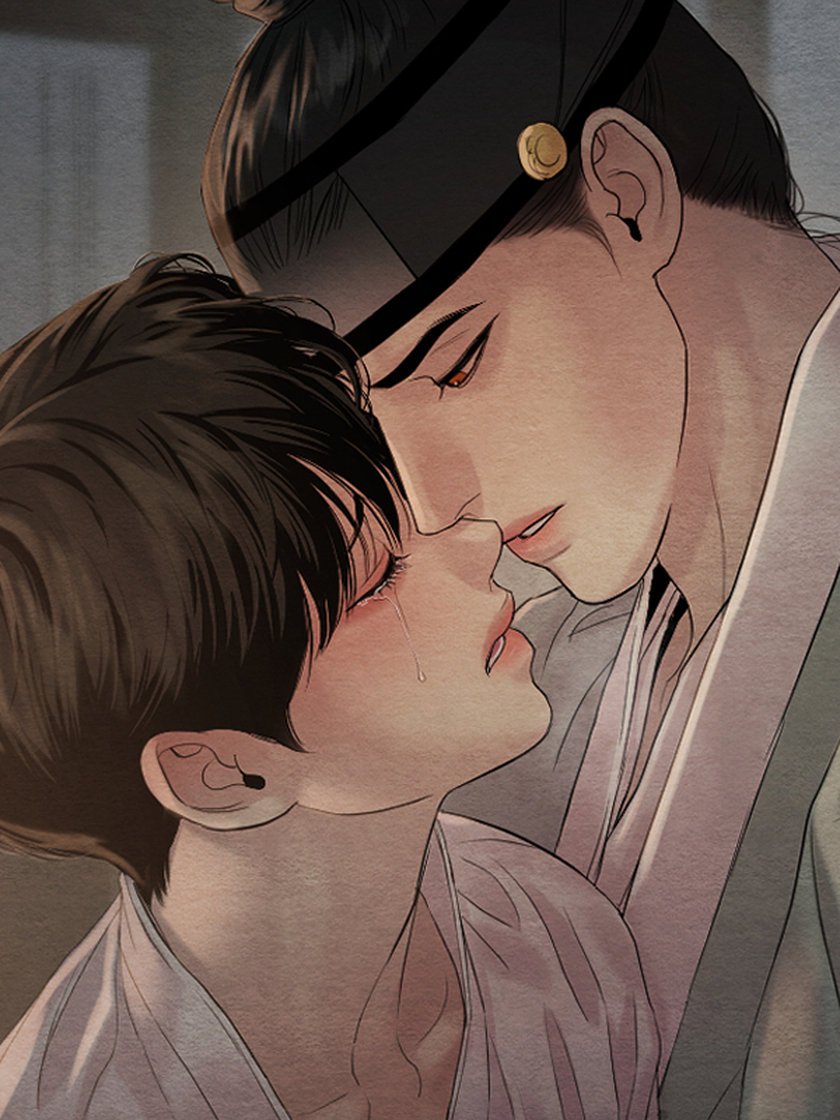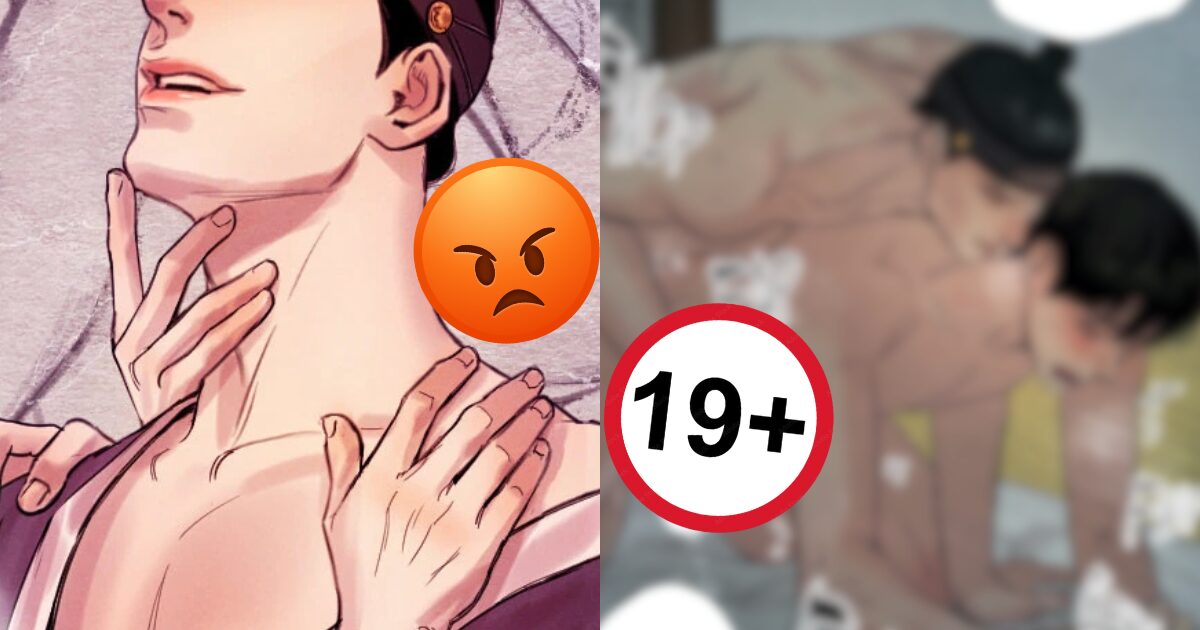The content is very explicit.
Content Warning
This article includes descriptions of sexual assault that may disturb some readers.
Webtoons have skyrocketed in popularity as a treasure trove of inspiration for K-Dramas, leading to successful adaptations like Yumi’s Cells and Friendly Rivalry.
 Yumi’s Cells webtoon and live action |Naver, tvN
Yumi’s Cells webtoon and live action |Naver, tvN
However, the announcement of a live-action adaptation of a specific webtoon has faced backlash from fans online.
Originally released in 2019, Painter Of The Night follows the complex relationship between a painter named Nakyum and a nobleman named Seungho.

| Lezhin
This popular series, which has now concluded, is one of Lezhin’s notable works that has transitioned into printed books. But the explicit themes present in the story have caused concern among some fans.
In the narrative, Seungho’s overwhelming desire for men leads him to essentially force Nakyum—who specializes in creating explicit art—to become his personal artist. What starts as an encounter fueled by alcohol soon spirals into a troubling “relationship” marked by a series of contentious interactions.

| Lezhin
The series contains numerous scenes featuring dubious consent and instances of sexual violence, which have polarized its readership. The adaptation will reportedly be a short-form drama consisting of two-minute episodes, rated at 15+, though some episodes will carry a 19+ rating due to their content.
This has prompted objections even from fans who previously enjoyed the webtoon. Many voice their concerns about translating its sensitive material into a live-action format.
“Please don’t ^^ The only thing fans have been waiting for is the side story.”
“It’s not about who the actors are… Why would you turn something that’s clearly rated 19+ into a 15+ show?”
“How are you supposed to make a live-action version of something that’s 19+? This is just insane.”
“It literally starts with rape, then the victim feels sorry for the perpetrator and falls in love… and they’re making that into a drama?”
The backlash reflects deeper concerns about how such themes are being treated in mainstream media, especially when adapted into forms that reach wider audiences.




